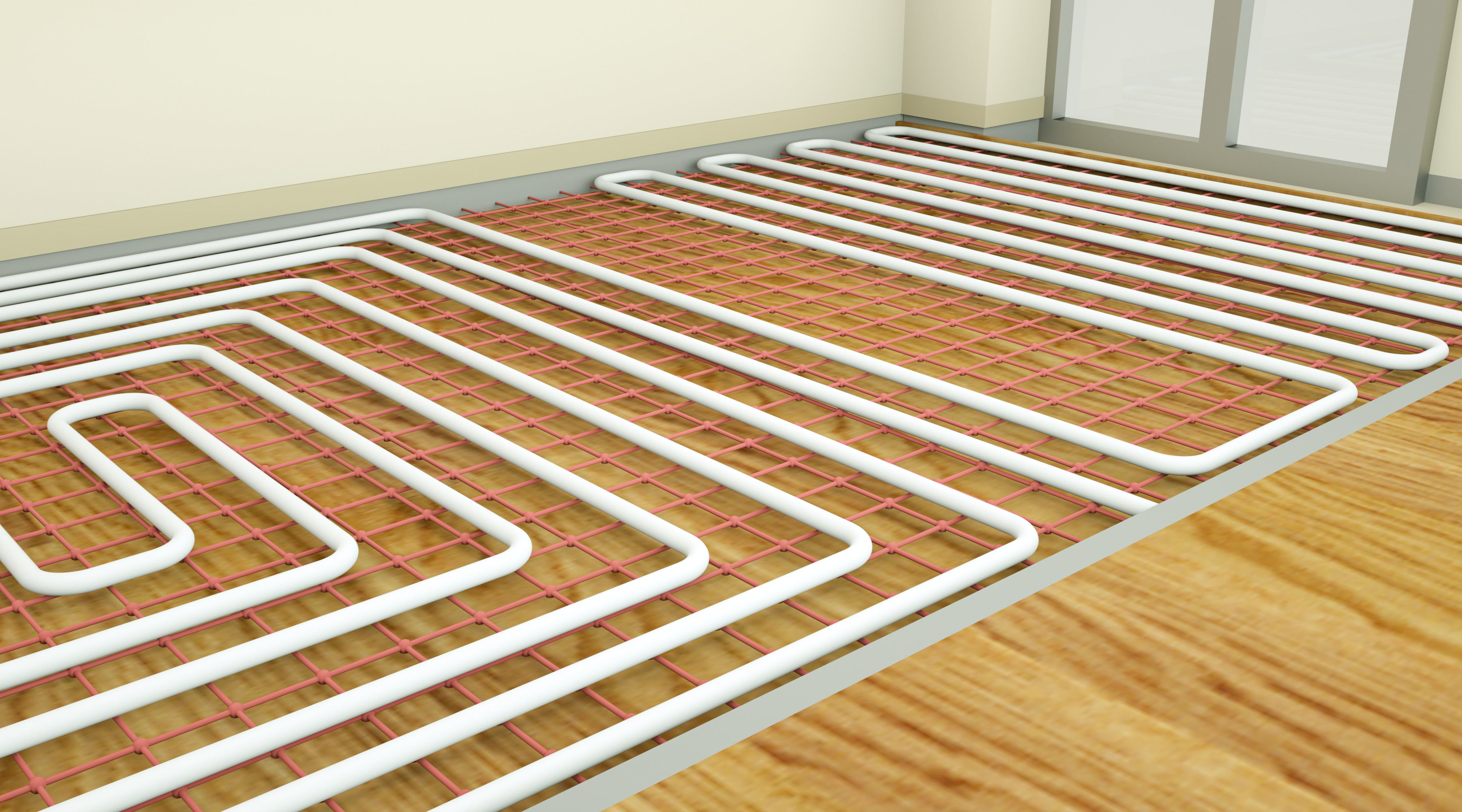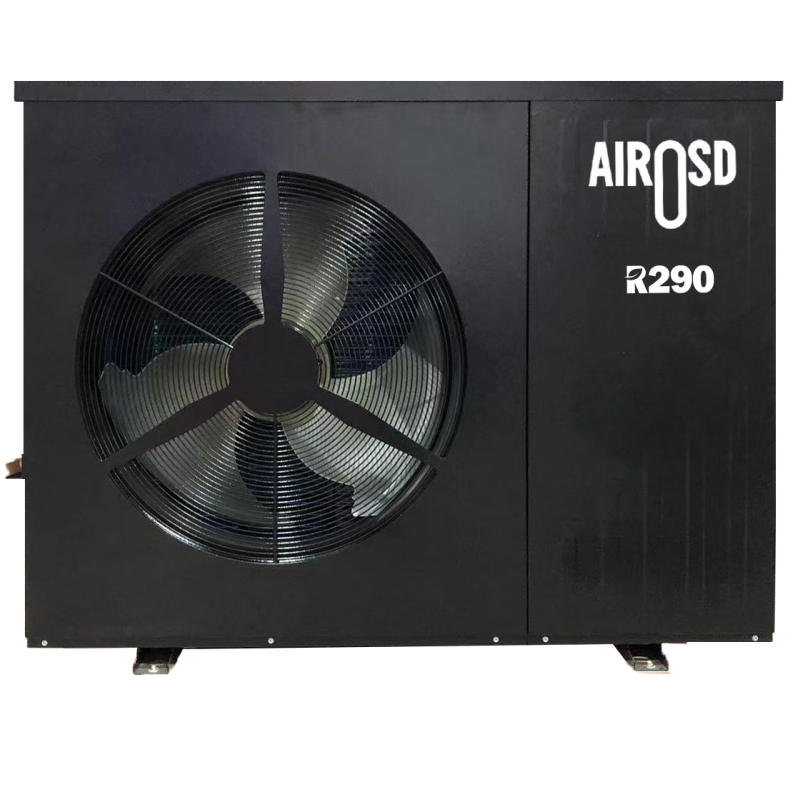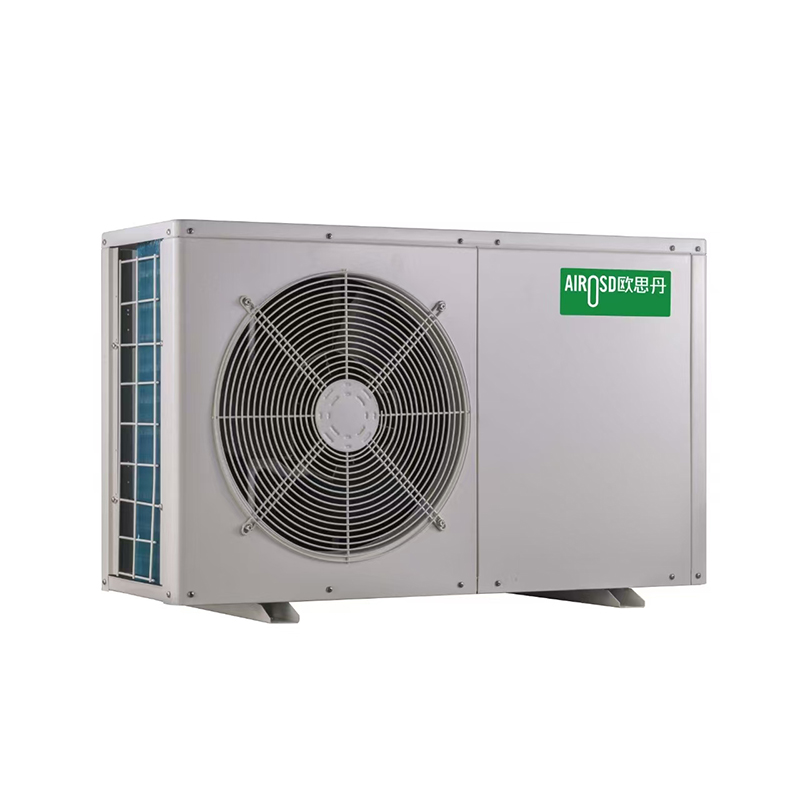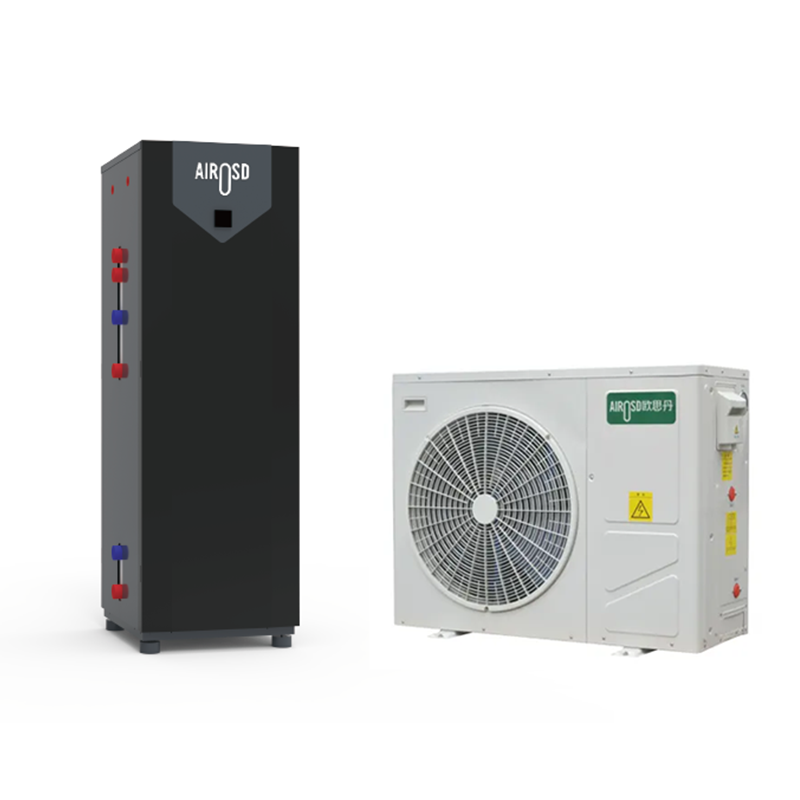Why is the Heat Pump Gaining Considerable Attention?
What is a Heat Pump?
A heat pump is a highly efficient energy conversion device that relies on heat pump technology to transform low-grade thermal energy from the environment into high-temperature heat. This process mirrors that of a refrigerator or air conditioner, yet a heat pump uniquely transfers heat from the outdoors to the indoors, delivering indoor heating or domestic hot water. In summer, it can operate in reverse to provide cooling, showcasing how a heat pump system balances flexibility and versatility in year-round energy solutions. How Does a Heat Pump Work?
When a heat pump system operates, low-temperature refrigerant undergoes compression in the compressor, transforming into high-temperature, high-pressure gas that releases heat through the condenser. The refrigerant then expands and cools, absorbing heat from ambient air or water sources in the evaporator. This cyclic mechanism enables a heat pump to achieve efficient heating by transferring substantial environmental heat with minimal electricity— a core advantage of heat pump technology. Modern heat pump systems optimize this process for both heating and cooling(heating and cooling heat pump), ensuring consistent performance across seasons.The design of a heating and cooling system(heating and cooling heat pump) ensures seamless switching between heating and cooling modes.

The Energy-Saving Advantages of Heat Pumps
The defining benefit of heating and cooling lies in their exceptional energy efficiency. Unlike traditional gas or coal-fired boilers, a heat pump system generates 3-4 times more heat energy than the electricity it consumes, leveraging ambient heat for heating and cooling(heating and cooling heat pump). Whether used for space heating in winter, producing domestic hot water, or providing summer cooling, these systems reduce energy consumption by up to 50% compared to conventional methods. A single heat pump eliminates the need for separate heating and cooling appliances, making it a cost-effective and sustainable choice for households and commercial spaces alike.Application Scenarios of Heat Pumps
Heat pump systems excel in three primary domains: heating, cooling(heating and cooling heat pump), and domestic hot water supply. Here’s how they deliver value across scenarios:
Heating: In cold climates, heat pump systems extract heat from outdoor air or groundwater, distributing it via floor heating, radiators, or air handlers. Compared to fossil fuel boilers, heat pump heating produces zero on-site emissions, aligning with global decarbonization goals.

Cooling: During summers, the heat pump system reverses its operation, acting as an energy-efficient air conditioner. This dual heating and cooling heat pump capability ensures year-round comfort while minimizing equipment costs.Heat pump systems optimize cooling efficiency by recycling waste heat, reducing energy use during summer months.
Domestic Hot Water: Heat pump water heaters utilize heat from the air or water sources to warm household water, achieving up to 70% energy savings compared to electric heaters. These systems provide reliable domestic hot water even in moderate climates, making them ideal for residential use.Beyond heating and cooling, heat pumps are increasingly used for domestic hot water systems in eco-friendly homes.Subsidies for domestic hot water heat pump installations have surged in Europe, reflecting their low-carbon benefits.
Multifunctional Integration: Advanced heat pump systems seamlessly integrate heating, cooling(heating and cooling heat pump), and domestic hot water production, offering a unified solution that optimizes energy use throughout the year.

Policy Support for Heat Pump Development
Governments worldwide are accelerating the adoption of heat pump systems through targeted policies. In China, the National Development and Reform Commission offers subsidies for heat pump installations in building heating and domestic hot water systems, recognizing their role in reducing carbon footprints. The European Union has set mandates for heat pump deployment in new constructions, while the International Energy Agency (IEA) highlights that widespread heat pump use could cut global CO₂ emissions by 550 million tons annually. Such initiatives underscore how heat pump technology is pivotal to achieving energy efficiency and climate targets.
Conclusion
With their ability to deliver efficient heating, cooling(heating and cooling heat pump), and domestic hot water through a single device, heat pumps and heat pump systems have become cornerstones of the global energy transition. Driven by technological innovations and policy support, their applications in residential, commercial, and industrial sectors will only grow. By embracing heat pump technology, societies can unlock significant energy savings, reduce reliance on fossil fuels, and build a more sustainable future— one where every heat pump system contributes to a cleaner, smarter planet.Their dual capability in heating and cooling makes them indispensable for climate-adaptive buildings.







